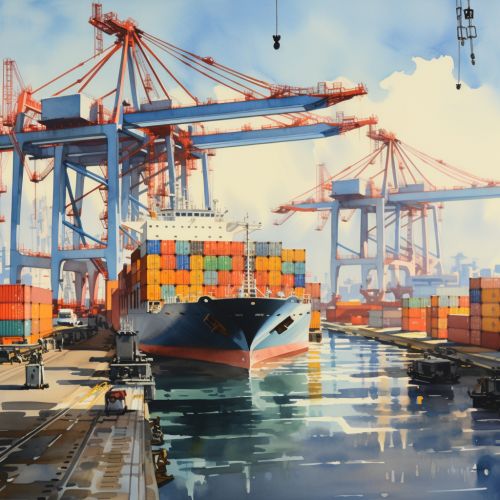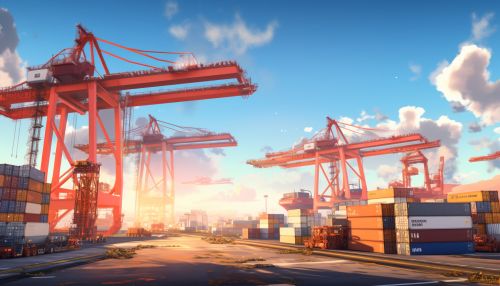Globalization
Overview
Globalization is a complex and multifaceted process that involves the integration of economies, societies, and cultures through a global network of trade, communication, and transportation. It is characterized by the increasing interdependence of nations and the diminishing importance of national boundaries in economic and social matters.


History
The history of globalization can be traced back to the ancient civilizations of the Middle East and the Mediterranean region. The Silk Road, a network of trade routes that connected the East and the West, played a significant role in the early stages of globalization. The discovery of the New World by Christopher Columbus in 1492 and the subsequent Age of Discovery marked a significant acceleration in the process of globalization.
Economic Globalization
Economic globalization refers to the increasing integration of national economies into the global economy through trade, foreign direct investment, capital flows, migration, and the spread of technology. This process has been largely driven by the policies of neoliberalism, which advocate for free trade, open markets, and deregulation.
Cultural Globalization
Cultural globalization is characterized by the transmission of ideas, meanings, and values across the world in such a way as to extend and intensify social relations. This process is marked by the common consumption of cultures that have been diffused by the Internet, popular culture, and international travel.
Political Globalization
Political globalization refers to the growth of the worldwide political system, both in size and complexity. This system includes international relations in terms of laws and treaties, but also, intergovernmental organizations such as the United Nations and non-governmental organizations such as Amnesty International.
Criticisms and Controversies
Globalization has been subject to a number of criticisms and controversies. Critics argue that it leads to economic instability, environmental degradation, cultural homogenization, and a loss of national sovereignty. Others argue that it promotes economic growth, technological advancement, cultural diversity, and democratic governance.
Future of Globalization
The future of globalization is uncertain, with debates about the extent and pace of future globalization, as well as its potential impacts on nations, economies, societies, and individuals. Some argue for a more inclusive and sustainable form of globalization, while others advocate for a retreat from globalization in favor of more localized and nationalistic approaches.
